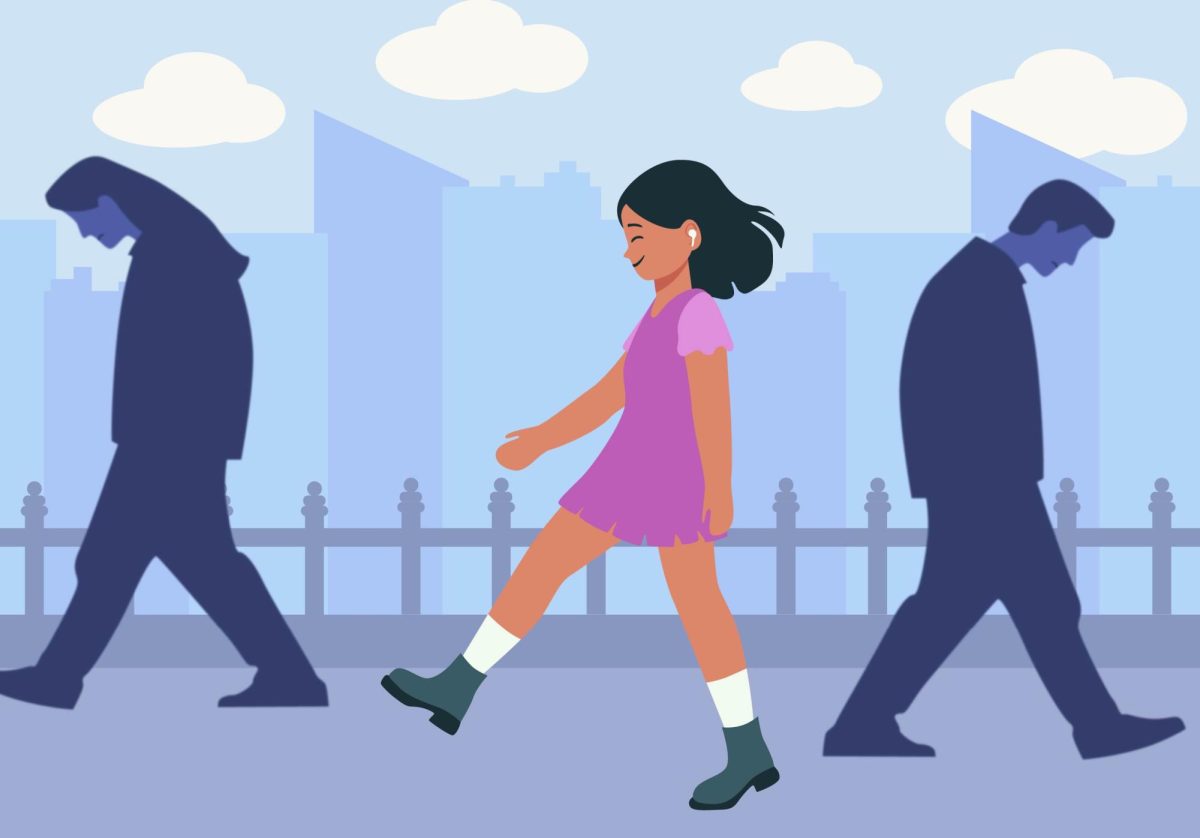The University population coming back this week will find a number of not-so-pleasant changes. Students will receive much larger bills for their University fees, and they will encounter more populated classes and fewer teaching assistants. Faculty and staff will receive smaller paychecks due to the salary freeze and increases in expenses such as parking and health insurance. These big changes are partly caused by the huge budget cut the University has to confront due to the lack of support for higher education from the current Minnesota political administration.
Unfortunately, the University community will also find many small changes, not all of them directly related to the budget cuts. One of them is the change in parking procedures at the Washington Avenue ramp, one of the most popular parking places at the University because of its proximity to many departments and the hospital. It was decided that approximately 100 of the best parking spots in this ramp will be reserved to those who pay an additional $10 a month (the current fees for that ramp are already quite high, however). Before this, the ramp operated in a fair first-come, first-served basis, which clearly benefited those who arrive early to start their service to the University.
Let’s examine parking policies at other institutions. The University of California-Berkeley provides preferential parking to faculty who have received significant awards such as the Nobel Prize or Fields Medal, thereby rewarding outstanding academic achievements. It is common at many working places to give preferential parking to the “employee of the month” (which at the University will be equivalent to the faculty/student/staff of the month). Other places reward carpooling, electric cars and other contributions to the environment.
In contrast with these common rewards based on achievement and contributions, the University parking services has decided to reward those who pay more.
Of course, this is a much smaller issue than the student fees increase or salary freeze, but it is my strong belief that humans and institutions are made not just of big things but also of a lot of much smaller, but not less important, actions. I am sure that, unfortunately, the University community will encounter many more of these annoying changes, both big and small.
I wish all of you a great academic year!
Guillermo Sapiro is a professor of electrical engineering. He can be reached at sapir001@umn.edu







